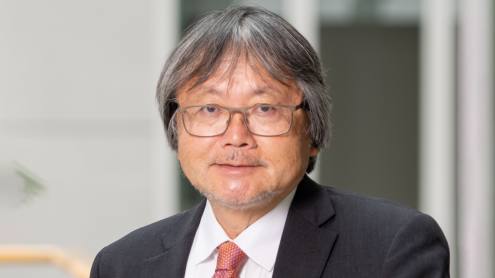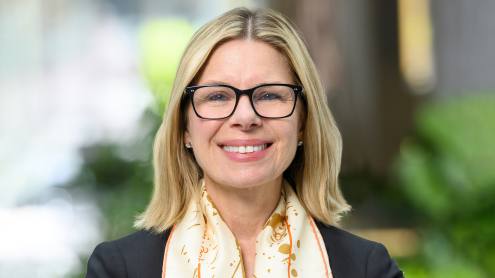Q With seven new banks and many established banks expanding, will there be overcrowding in a country with only two million bank accounts?
A In the late-1990s, we had 21 or 22 banks but some collapsed and we were down to about 15. Now we are back to 22. There has been a big outcry about outreach. Financial services are generally restricted to the bigger urban areas but now we have quite a number of small towns coming up and we’re beginning to see banks going there. In the past year, we have seen bank branches rise from 180 to about 300. More competition will improve inefficiencies and bring down high bank charges and interest rates.
Q How are the inefficiencies being addressed?
A The government can improve the infrastructure, especially electricity and roads, and there are opportunities for communication companies in mobile phones. If such communications are improved, banks will be able to bring more people into the financial services industry, and at a cheaper cost.
Q How is the situation in the north, given that many banks are establishing or strengthening branches there?
A I am from the north and the security situation is steadily improving. Although [rebel leader Joseph] Kony has not signed a comprehensive peace agreement, I believe he doesn’t have the capacity to resume fighting. People in the camps have moved back to their villages and are undertaking economic activities. The more people begin to bring in an income, the less they think about fighting.
Q Your original inflation target was 5%, but inflation rose to more than 12% by June. Is there much you can do about it?
A We are very concerned about rising inflation but we do not have a lot of control of the causes. Much of the inflation is imported – we bring in a lot of consumer items from Kenya and China, for example. Food prices have gone up and this affects us even if we are a food producer. It is unclear when we will see a turnaround (in inflation) because it is very difficult to predict whether fuel prices will continue rising or go down.
We pursue a tight monetary policy and if the government follows a prudent fiscal policy and contains the budget deficit, we should be able to manage.
Q How well are banks managing their risk?
A Our capital adequacy requirements are adequate and we focus seriously on risk management frameworks for the banks. If they are managing their risk well, it helps everyone. We also have a law that banks cannot declare dividends unless we have agreed to it because we want to make sure they have enough capital first.
Banks still need to improve risk management frameworks from board level down to individual operators. Our examiners find that most of the problems are to do with risk management frameworks. Banks have good procedures written down but sometimes do not follow them or report on them as well as they should.
Q What will be the impact of the new credit reference bureau?
A The new credit bureau will provide information more readily so people can assess credit faster and more efficiently. Some were unwilling to participate at first because of the relatively high charges associated with processing the required information, but sponsors from the international community have agreed to subsidise the scheme’s start-up costs.
Q What are the implications of the promising oil discovery around the western border?
A It should boost the economy but whether it turns into a blessing or a curse depends on how we manage the oil. If we produce more oil than we need, we will need a lot of investment in new infrastructure to export the surplus.
Q How are plans progressing towards a common currency in east Africa?
A A common currency and one central bank is the eventual goal of the East Africa Community and the heads of state have said we should have monetary union by 2012. But there are things to do before then and this target may not be realistic.











